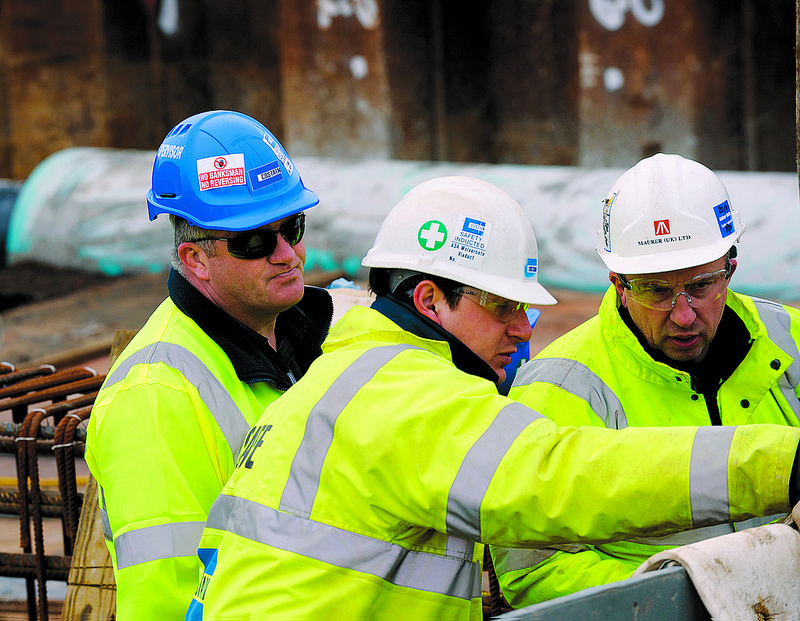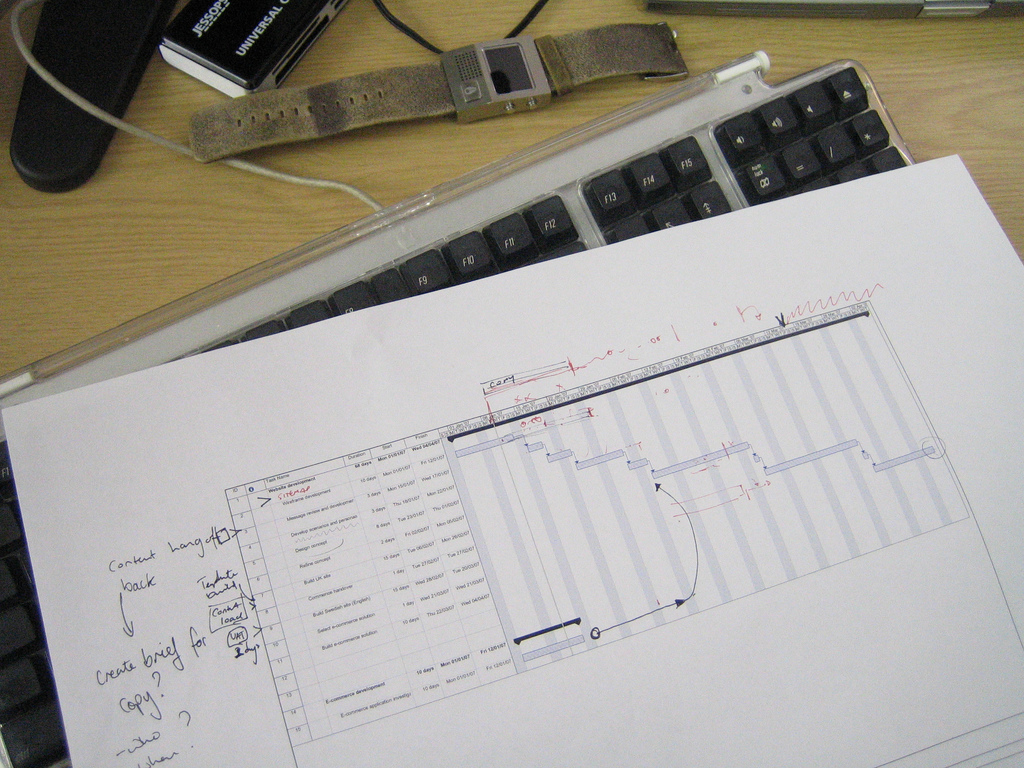If we’re being honest with ourselves, rework happens on 99.99999999% of construction jobs, whether it’s due to poor craftsmanship, field changes, or errors of omission. It’s fairly easy to determine what rework costs a contractor with regards to labor and material, but determining the true total cost is a whole different beast
Read moreHow Much Does Rework Really Cost Your Job and What Can You Do to Stop It?
photo by bisgovuk




